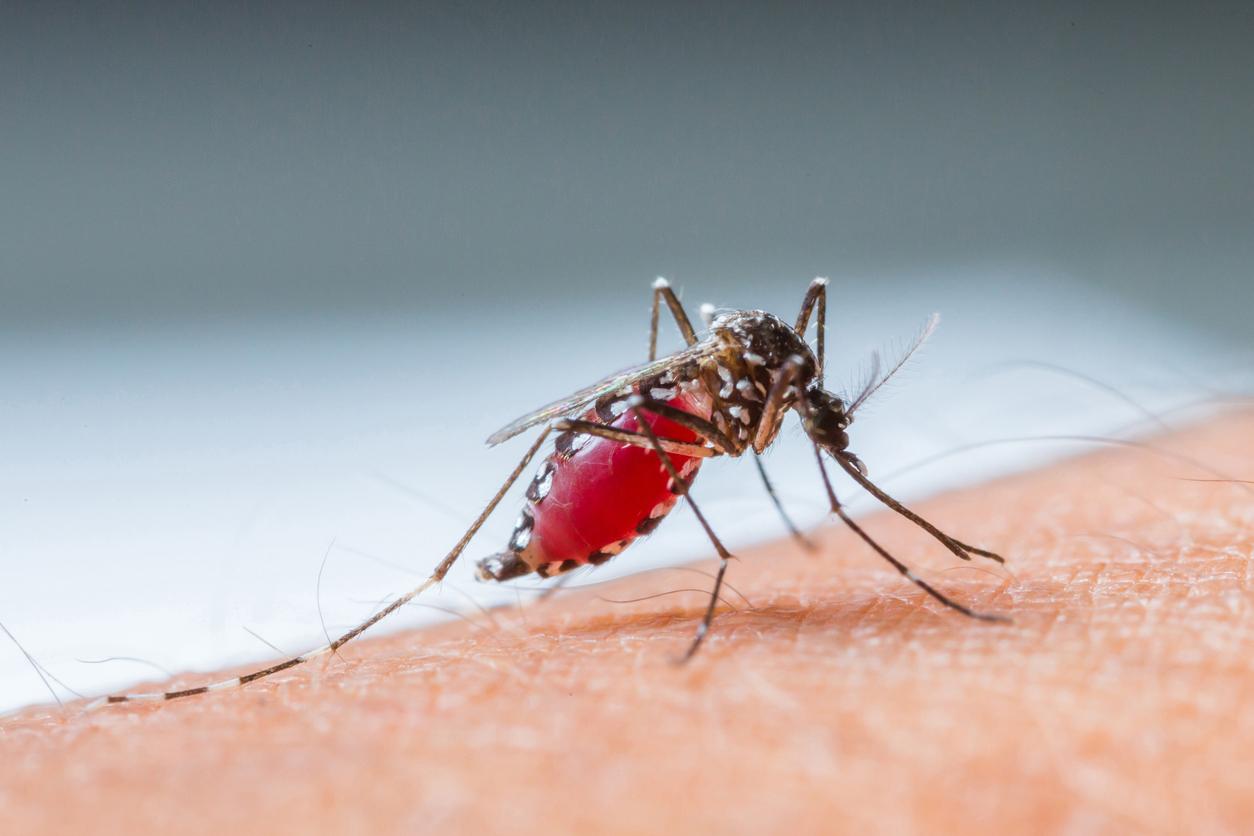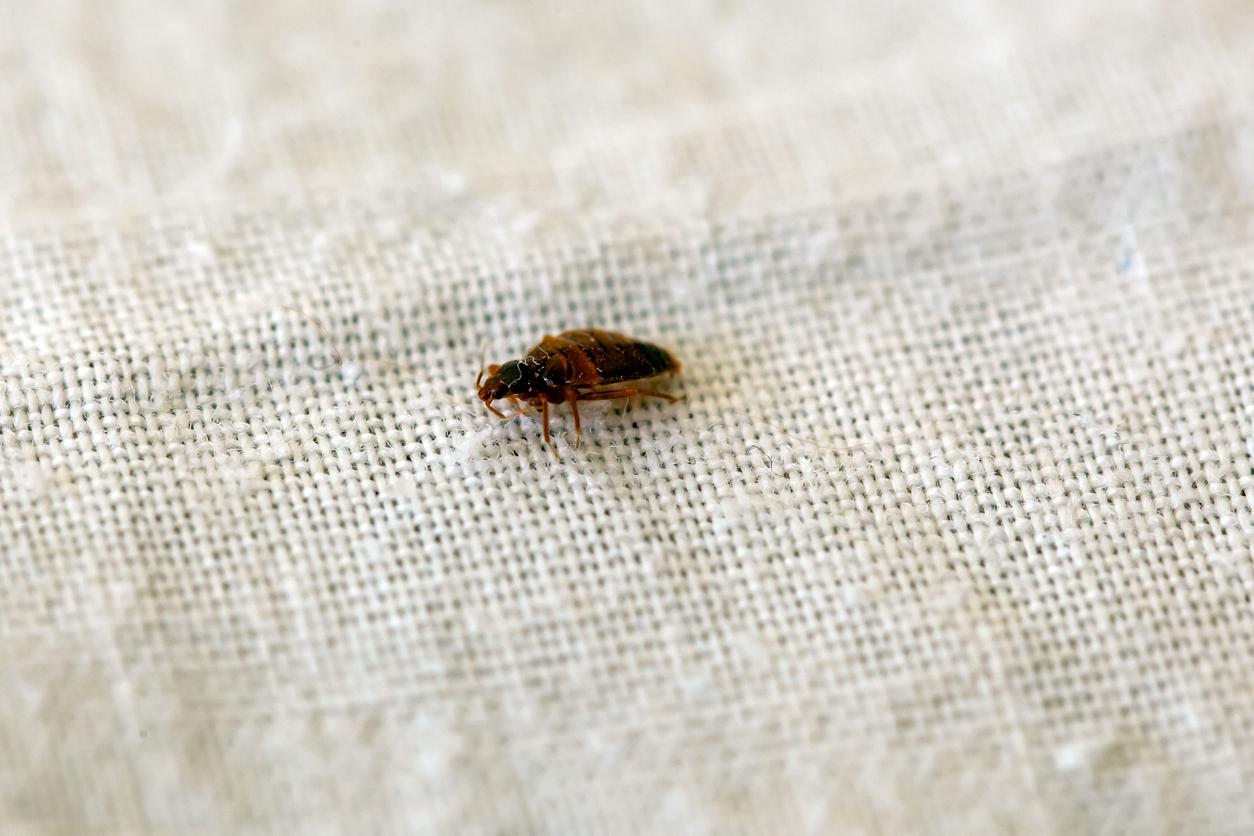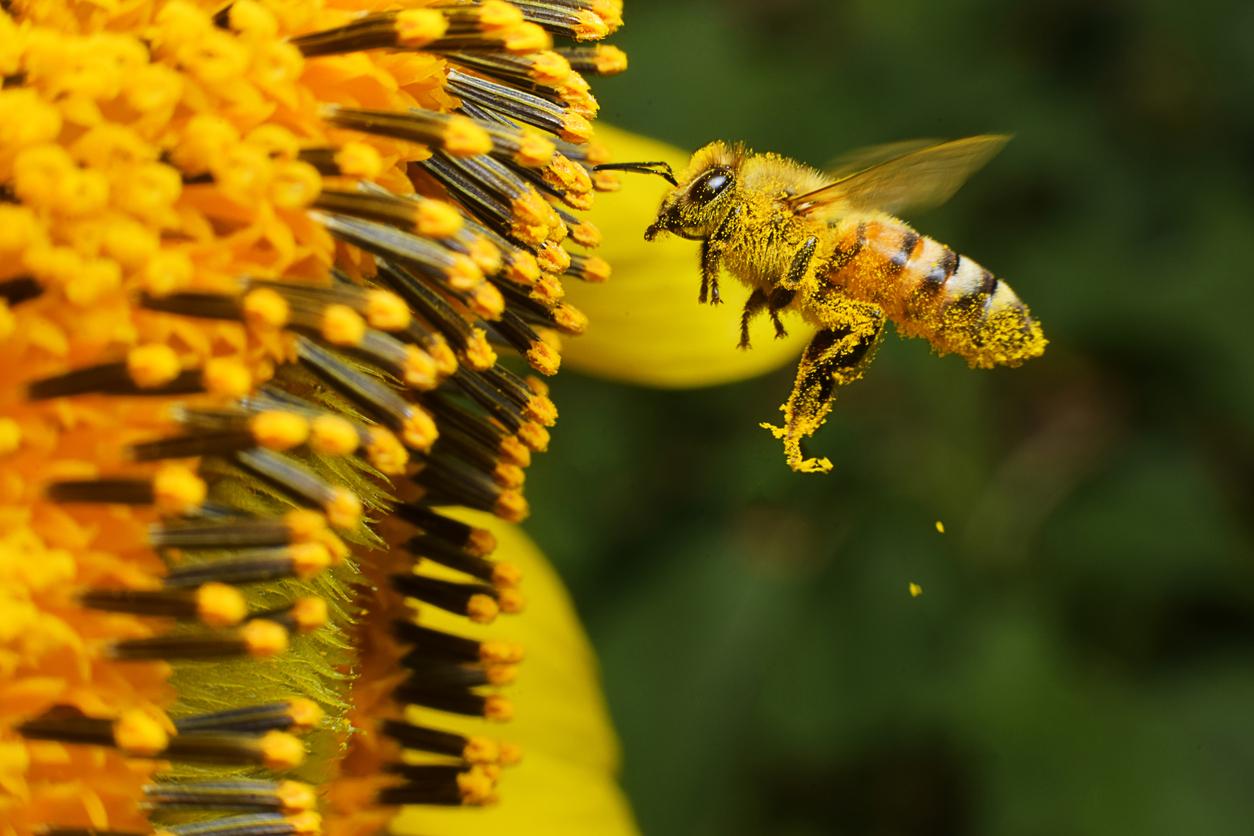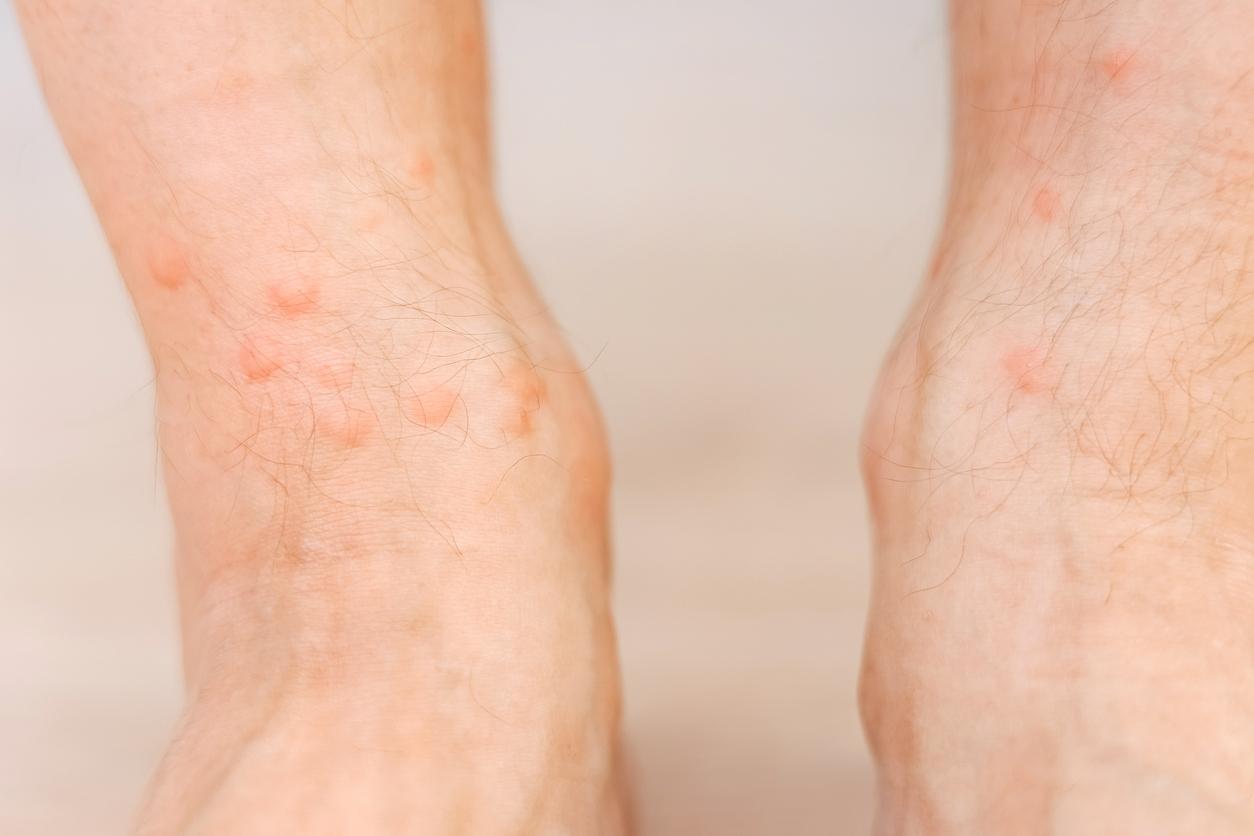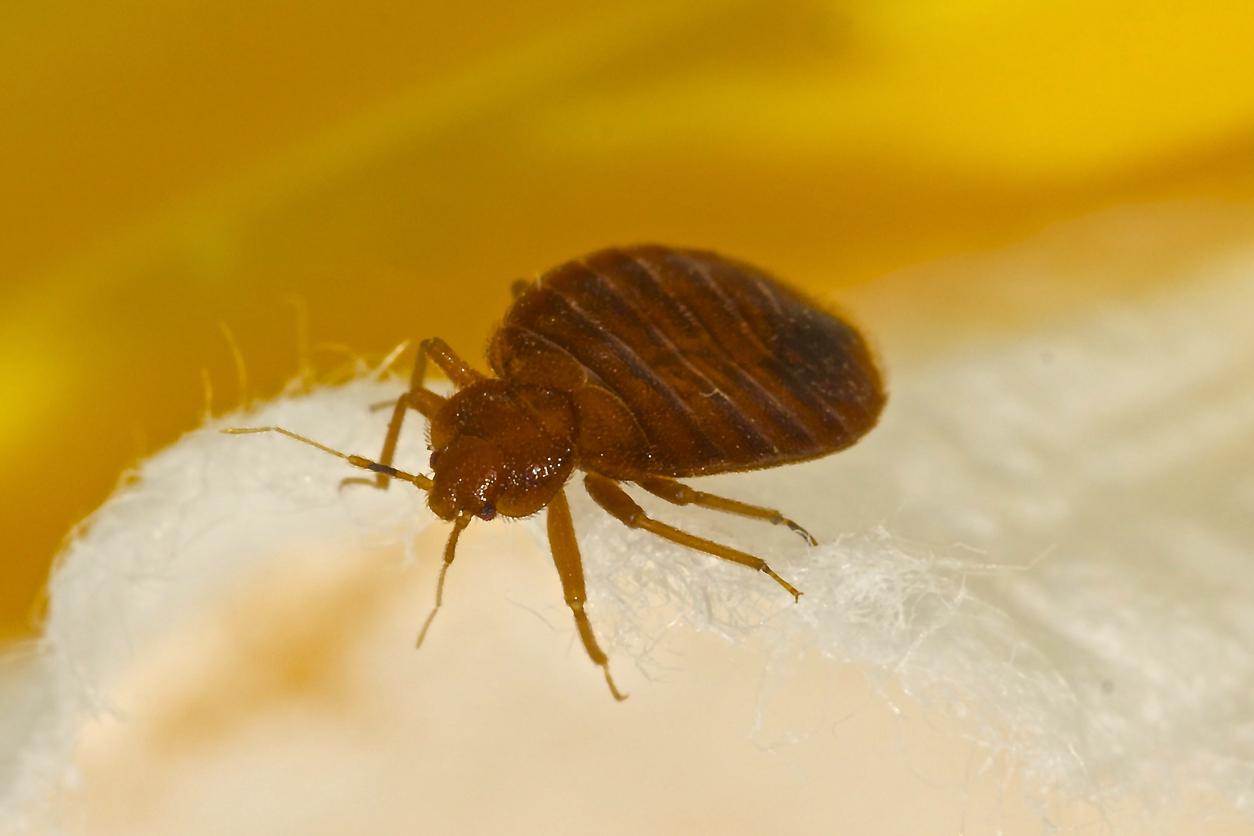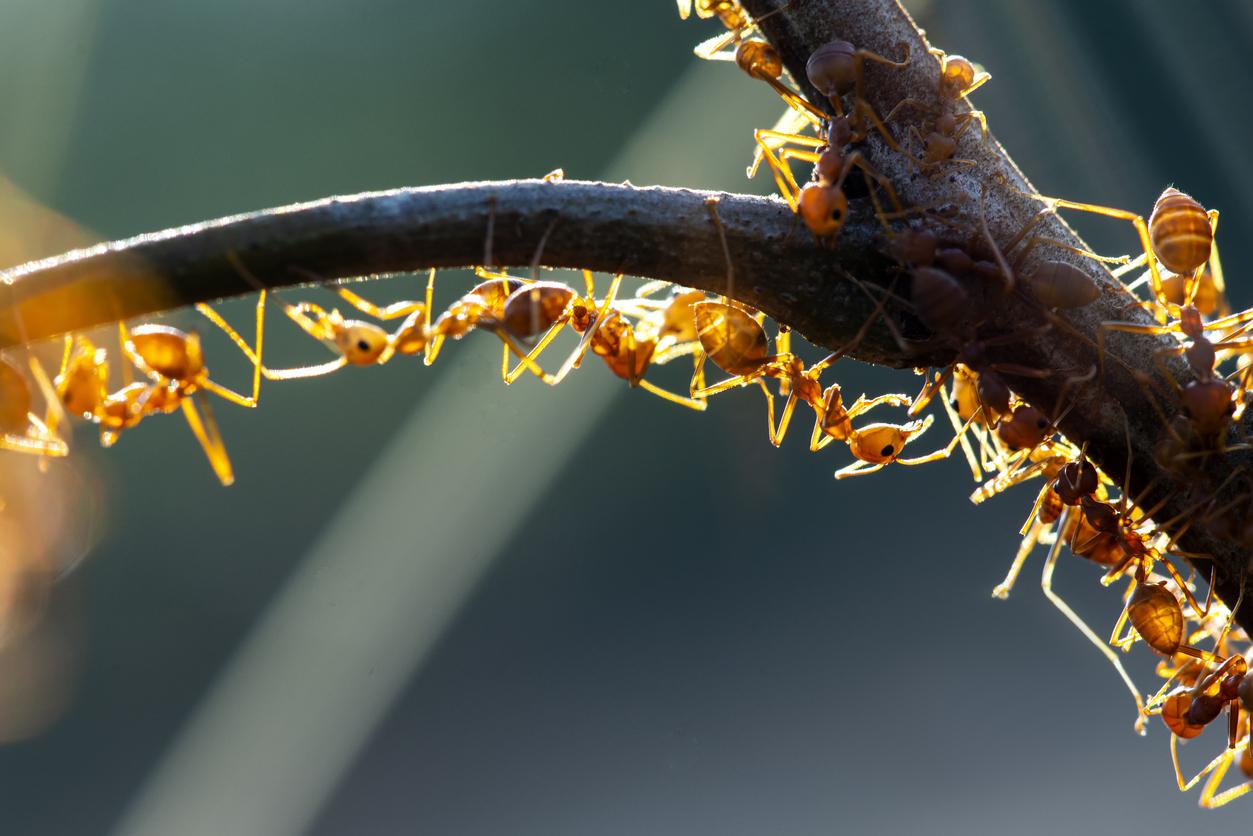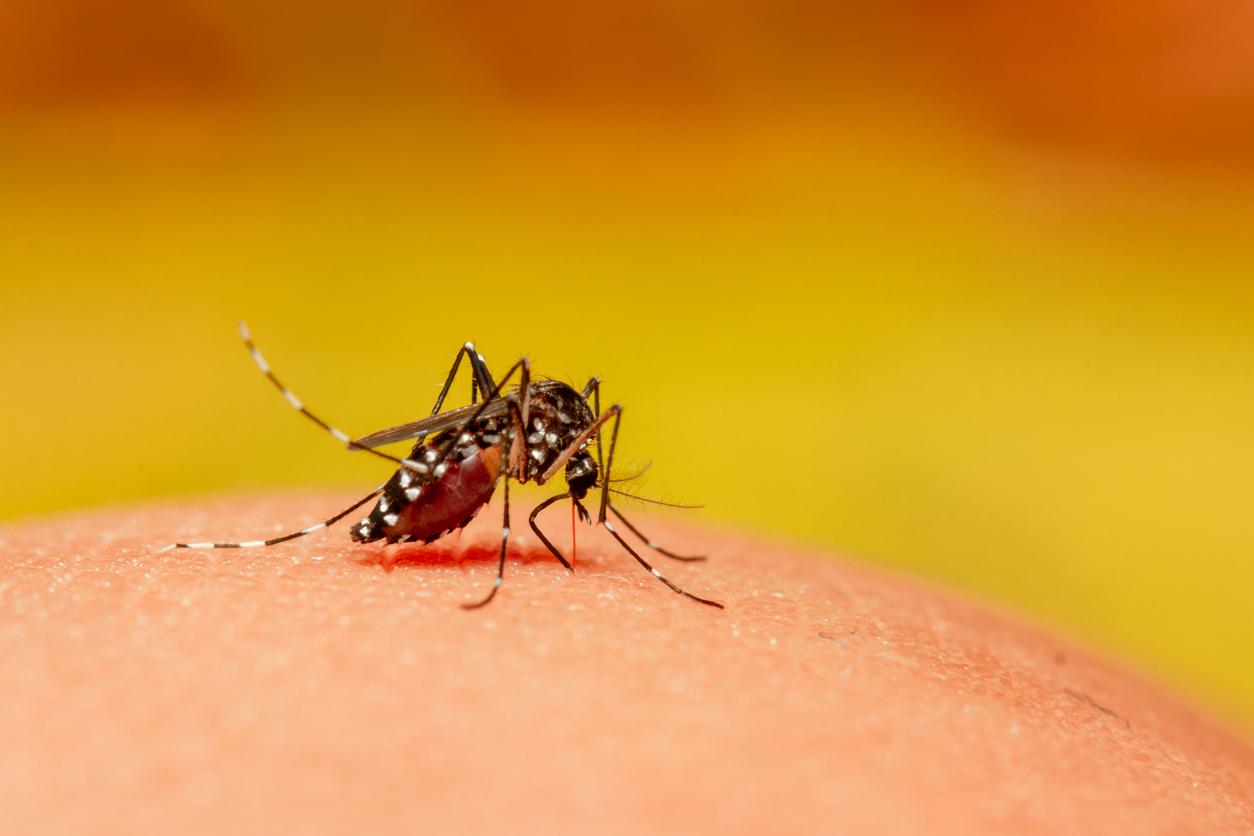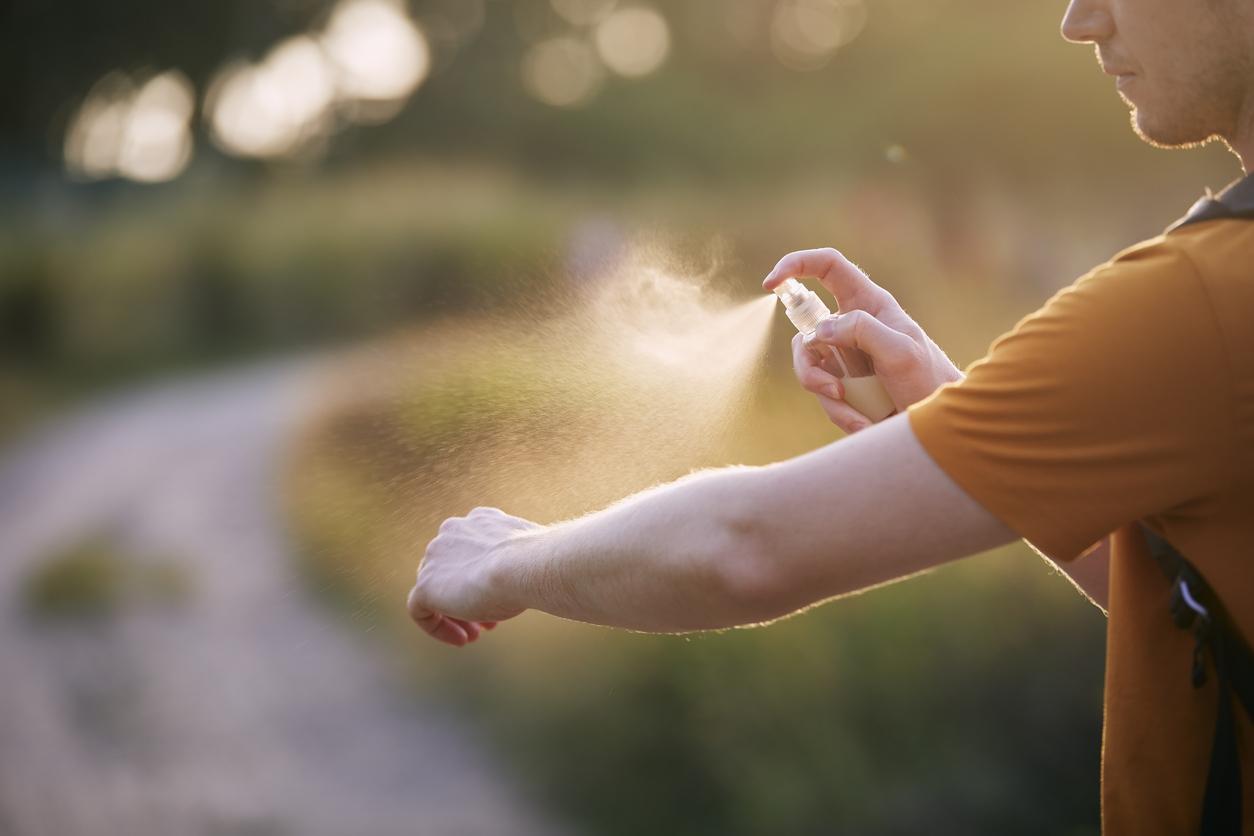
When should you go to the doctor for a wasp sting?
Summer time also means wasp and bee time. What should you do if you are stung?
Wasps and bees cause a lot of nuisance every summer. Many people are afraid of being stung. Not surprising, because a sting from a wasp or bee can really hurt. Depending on your pain threshold, what type of wasp or bee and the place where you are stung, most people experience wasp stings and bee stings as very painful. As they sting, the bees and wasps inject a poisonous substance into your skin. Not the sting itself, but the poison causes itching, pain or a bump.
Why do wasps and bees sting?
When a bee feels threatened, it stings. The bee cannot withdraw its stinger after the sting. As a result, the bee loses part of its abdomen, causing it to die. That’s why bees only sting when they feel really threatened. Unlike bees, wasps can also sting multiple times without losing their stinger and dying. Because stings have no negative consequences for wasps, they will sting quickly if they feel threatened. Hitting wasps to scare them away is often a trigger for wasps to attack. Wasps are also more aggressive towards the end of summer. Around this time, food is very scarce for them and this affects their mood. They feel threatened more quickly and are more likely to attack.
Stung by a bee
A bee sting is painful and can cause a large bump. The bee’s sting remains in your skin and must be removed quickly. Try scraping the sting out with your fingernail, the edge of a bank card, the blunt side of a knife, or tweezers. Sometimes there is still a small poison bag attached to the sting. Then be careful not to squeeze the bag. Then more poison can spray into your skin. When the sting is gone, you can suck the poison out of the skin with a poison sucker (a kind of vacuum pump). Then you can put povidone iodine or alcohol on the wound. A cold, wet cloth, ice or a cold pack helps against itching and swelling.
Stung by a wasp
The sting of a wasp can also be very painful and cause a large bump. If the sting has remained, it is also necessary to remove it quickly with a wasp sting. You can suck out the poison or use a poison sucker for this. After that it is important to disinfect the wound. Immediately afterwards, cool the area with a wet cloth, ice or a cold pack to prevent itching and swelling.
In both cases, the following applies: were you stabbed in a finger? Then remove any rings, because that will no longer work if your finger swells.
Do antishistamines help with a wasp sting or bee sting?
- Usually no medicines are needed for an insect bite, but cooling is insufficient, paracetamol can help.
- Sometimes a wasp sting or the sting of a bee can cause, for example, your entire hand or arm to become fat. Then allergy tablets, or antihistamines, can help. The active substance thereof is, for example, cetirizine, desloratadine, loratadine or cinnarizine.
- In case of itching, you can use an anti-itch remedy, such as menthol powder or a cream.
And does vinegar help with a bee or wasp sting?
Some people swear by vinegar from a wasp or bee sting. To do this, mix a little (apple) vinegar 50/50 with water and apply it to the spot of the sting. This reduces irritation and itching.
Allergic to a wasp or bee sting?
A small part of the population (estimated 0.8-5 percent) reacts exceptionally strongly to a bee or wasp sting. In the Netherlands, two to five people die every year from an insect venom hypersensitivity reaction (=anaphylaxis). A severe allergic reaction – also called anaphylactic shock – can only occur if you have been in contact with the insect venom before. Your body does not react very much at the first sting, although the allergy can then be completely built up. But with the next sting by wasp or bee, life-threatening situations can already arise. This can manifest itself in red bumps (= hives) all over the body – also on the palms of the hands and soles of the feet – which are accompanied by severe itching. In addition, your eyes and lips may swell. If there are swellings in the neck area (often not visible), you have difficulty speaking and swallowing, you become hoarse and you have trouble breathing.
Some people who have a severe allergic reaction to a bee or wasp sting may experience nausea, vomiting, diarrhea, abdominal cramps and passing stools. Sometimes the urine is also discharged spontaneously. In the worst cases, blood pressure can drop sharply and cardiac arrhythmias can develop, sometimes followed by loss of consciousness. Usually these reactions occur within fifteen minutes after a sting.
If you know that you are very allergic to a bee or wasp sting, then you better carry two adrenaline pens with you. With such a pen you give yourself a shot as soon as you are stung. If this shot does not work well enough, you can give yourself a second shot with the second pen after 5 to 10 minutes. In any case, the effect of the first prick decreases after half an hour and it is important to prick yourself again. If you are allergic, you can also take an antihistamine in the morning as a precaution. Keep in mind that these tablets often also affect your driving skills.
When should you go to the doctor with a bee or wasp sting?
- With a sting in the mouth, tongue or throat
- If you are hypersensitive to wasp or bee stings and have been very sick before
- If you get stuffy after a sting
- If you get a rash in places other than where you were stung
- If you get thick eyelids or plump lips while being stung elsewhere
- If the skin around the bee or wasp sting turns red and the spot gets bigger
- If you get itchy all over your body after a bee or wasp sting
How do you prevent a wasp or bee sting?
- Keep wasps and bees out by keeping windows and doors closed. Placing screens is also an option.
- Stay calm when a wasp or bee is near you. Waving away is counterproductive. They become aggressive and sting faster.
- Keep food and drinks well covered outside.
- Before taking a sip or bite, check that there is no wasp or bee in your can or glass; Always use a straw when drinking from cans.
- Avoid (excessive) use of products with a sweet smell, such as perfumes. This attracts wasps.
- Preferably do not go near blooming flowers or overripe (fallen) fruit and be careful when picking fruit or flowers.
- If you find one, have a bee or wasp nest removed by a professional company.
NB: Underground wasp nests are easily overlooked. Watch out for this on grass fields, for example. Avoid walking barefoot in the grass if you are not sure there are no wasps. This is especially true if you are allergic.
Sources):
- Add comment







